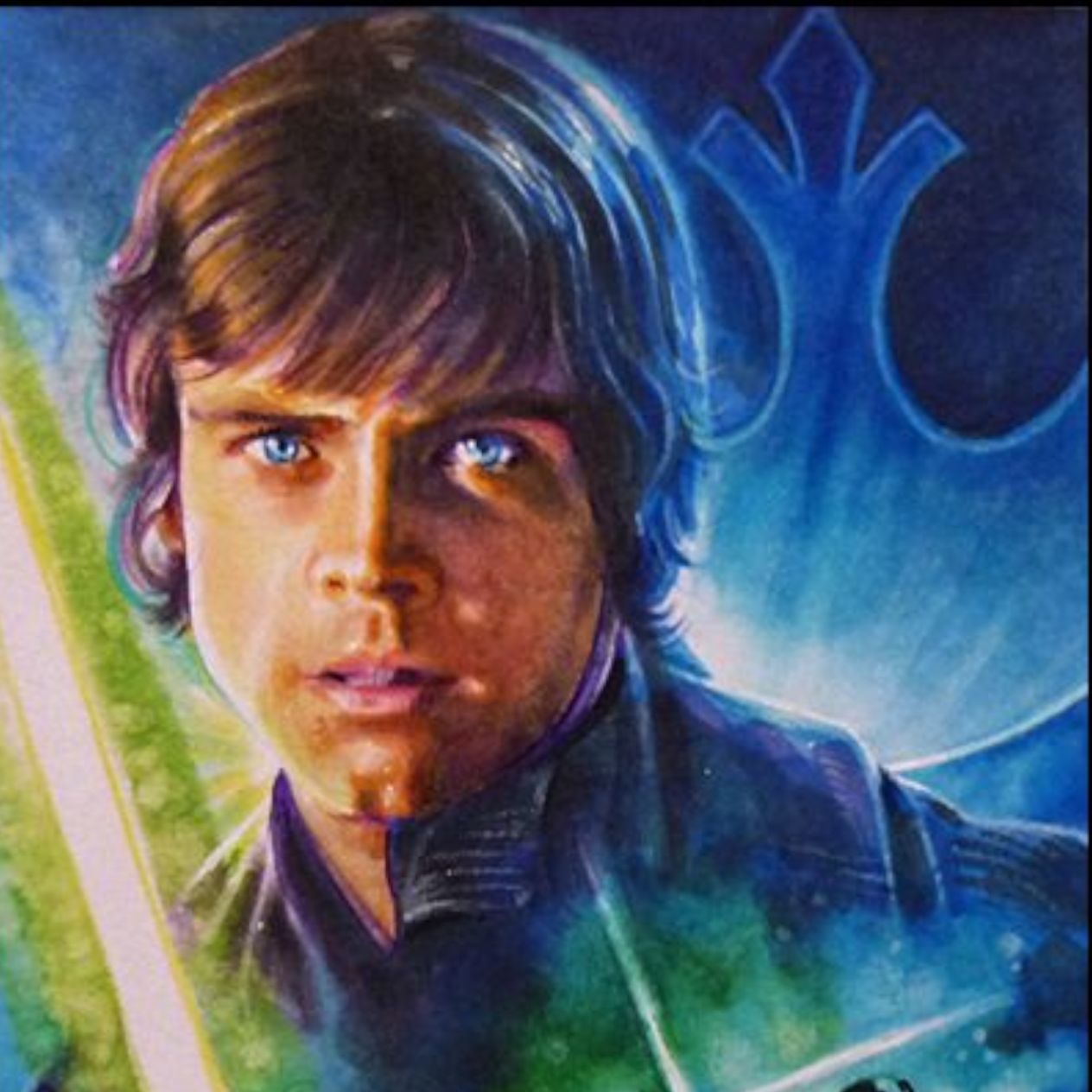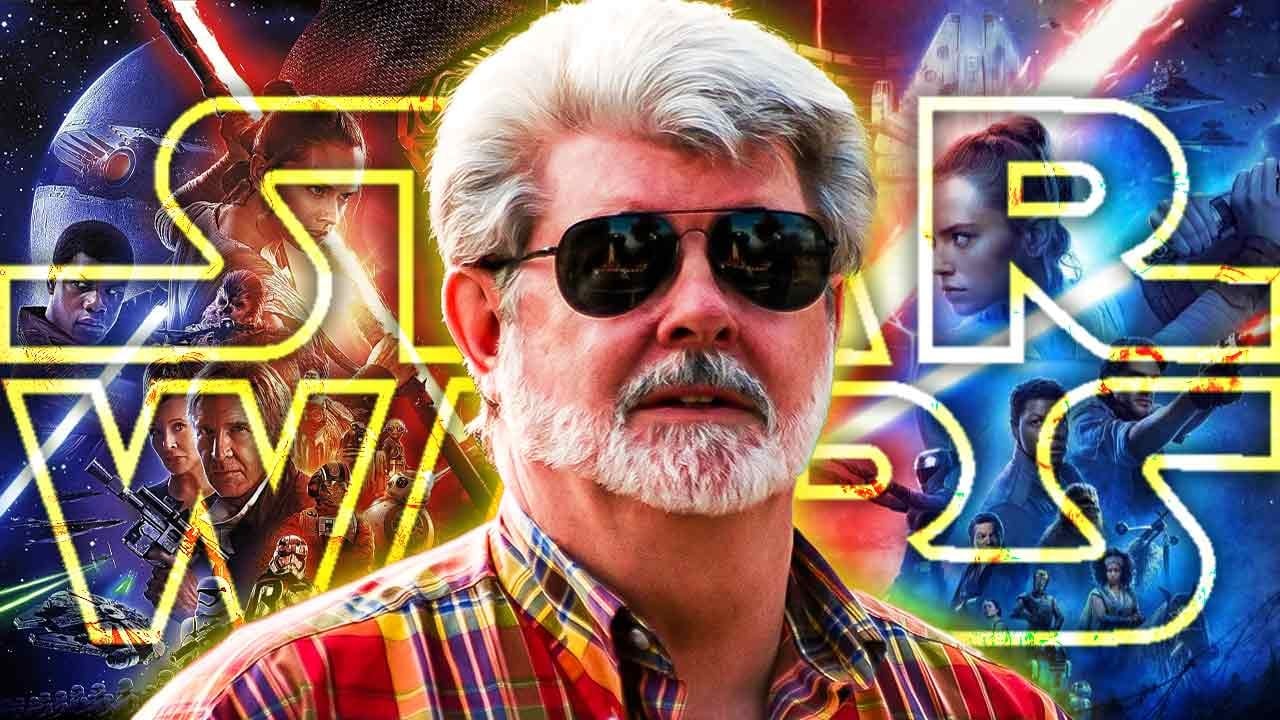The original trilogy of Star Wars films, spearheaded by George Lucas were critical and commercial successes. However, in 1997 Lucas released the “Special Edition” of the films for the trilogy’s 20th anniversary, which featured extensive changes to the original theatrical cuts.
The original cuts have since become scarce. However, a group of Star Wars fans, known as Team Negative One have reportedly almost completely digitally restored the original cuts in 4K using 35-millimeter prints of the original trilogy.
The project is headed by Robert Williams, who along with his team have spent almost a decade restoring the films.
“They’re not really upset that he made the changes, because some of them are pretty cool and actually make the films better. They’re really upset that he didn’t also release the original version alongside it. Just put two discs in the box. We’d have been happy.”
Williams made the above statement to The New York Times, explaining the motivation behind preserving the original cuts of the trilogy. However, the publication also noted that Team Negative One’s activities were not authorized as they worked with film reels meant to be destroyed or returned. Hence, the legality of Team Negative One’s restored versions of the original trilogy is questionable.
…
Given Lucas’ strong feelings about the Special Editions, it is evident that the filmmaker would be unhappy with fans trying to preserve the original cuts, which he referred to as “rough drafts” in the past.
According to reports, Lucas allegedly voiced his disappointment with fans demanding a high-resolution release of the original cuts in the following words:
“Grow up. These are my movies, not yours.”
Similarly, when the National Film Registry aimed to preserve 1977’s Star Wars (later retitled Star Wars: Episode IV – A New Hope), Lucas reportedly refused to provide them with a copy of the original theatrical release.
Lucas stated that he would no longer authorize the original version’s release, reaffirming that he did not intend for the audience to view the theatrical cuts. After Disney acquired the franchise, Lucasfilm President Kathleen Kennedy also stated that Lucas’s changes to the theatrical cuts would remain untouched. Hence, it is safe to say that Lucas would certainly be unhappy with fans still trying to preserve the original cuts.



Having your head so far up your own ass you can’t understand that people like your movie as it was originally created so much and are willing to buy it over and over again for decades. Hell I’m sure a lot of those people would buy both versions. What a huge slap in the face to Ivrvin Kershner and Richard Marquand who did a fantastic job only to be screwed.
Franklin Veaux (author) said words to this effect on Quora: Your book and your characters may be your baby, but when you release them to the world, they are now no longer under your control. They are subject to whatever interpretation your readers use and assign to them. You may have created them, but now they’ve grown up and moved out. Let it go.
Personally, I think it’s because he wants to erase the contribution of his ex-wife Marcia Lucas. He’s just that petty.
By all accounts she saved the original trilogy from George’s input.
And she got an Oscar for it while he did not.
that boomer’s masculinity must be in shambles.
George Lucas has said in the past that he had bigger plans for the original film(s), but the technology to pull it off didn’t exist yet. So he had to make do with what effects he could. He even invented many film effects for the original trilogy, creating his own visual effects studio to pull it off.
In the '90s, he realized CG technology had advanced enough that he could finally fill in the gaps that he couldn’t do back in the '70s, and so he released the Special Edition trilogy, which he considered the final and complete masterpiece.
Of course, a lot of people had experienced 2 decades of the original Star Wars trilogy by that point, so adding changes now seemed like inappropriately extending what was already considered a masterpiece.
George Lucas was never satisfied with his films anyway. He kept changing the story, even as they were filming, and it was purely by accident that they ended up being a massive hit. (Which is probably why his prequel trilogy was so hated by fans) I remember reading once that his original plot starred Luke Starkiller, and Leia was supposed to be General Organa and not related to Luke. Also, Luke was originally supposed to fall to the dark side and become the new villain, replacing Darth Vader. Mark Hamill was excited about that twist, until it was changed for a happier ending. He would later go on to play villains in other films, being famously known as the voice of Joker from Batman The Animated Series.
Also, I watched a documentary on VHS back in the early '90s where George Lucas laid out his plan for a 9-movie series. The first trilogy would be about the crumbling of the Galactic Republic, then the second trilogy would be about rebel forces fighting against the new Empire, then the final trilogy would be about rebuilding the Galactic Republic.
But George Lucas thought it would be boring watching 3 whole films about a government slowly collapsing, so he decided to jump into the meat of the conflict and start with the middle trilogy. It was a wild success, even if the plot kept changing as he was filming, and so when he got to the prequel trilogy, he decided to make it about one of the biggest characters from his original trilogy - Vader. Which changed the focus of the prequel films and made them less boring than just a series about space politics, but not nearly as interesting as his original trilogy.
Star Wars fans are a pretty contentious bunch, and the hate for the prequel series caused George Lucas to give up his dream of making 9 films. He eventually sold the franchise to Disney, who immediately started up their own sequel trilogy, plus a ton of spinoff TV series. And it’s been pretty strange since then. Episode 7 was basically a modern remake of episode 4, to draw back the fans of the original trilogy. Then Rian Johnson was given the reins for Episode 8, and he hated seeing the same cast of characters in every Star Wars film, so he tried to branch out away from familiar faces. It didn’t go well, so Episode 9 shoe-horned in as many familiar characters and stories as it could, to win back fans. The whiplash between films made for a pretty awful and disjointed series.
Personally, I’m on board with the idea that the original trilogy (in it’s unedited state) is the ONLY Star Wars series. The rest, I just consider to be non-canon fan films. There’s so much that could’ve been done to add onto the original series. And even the official book series (before Disney marked them as non-canon) had great additions to the plot. But then we got a prequel series about the biggest badass in the galaxy… and it turns out he’s just a whiny brat who’s manipulated into being a bad guy. Then the sequel series was all over the place. And the spinoff TV shows have been hit-or-miss. So yeah, I consider them all non-canon, including George’s Special Edition. And I look forward to seeing the original unedited trilogy in 4K one day.
Really well said and I feel much the same. I honestly like to subscribe to Darth Jar Jar and ignore the sequel trilogies after VII.
There’s a couple other really good pieces of Star Wars media - stuff that has little to do with Disney or Lucas. The first and second KOTOR games are extremely well written stories (BioWare even snuck in the first canon queer character - there’s a lesbian romance option!)
The Thrawn trilogy is also decent.
The idea that Disney gets to mandate what’s “canon” about an entirely imaginary universe is laughable to me. Corporations don’t own our imagination.
My wallet is ready!
I’ve never seen any of them. I’m like less then 1% in the world I assume.
You are likely in the majority, worldwide. But it’s still quite a large percentage in the States.